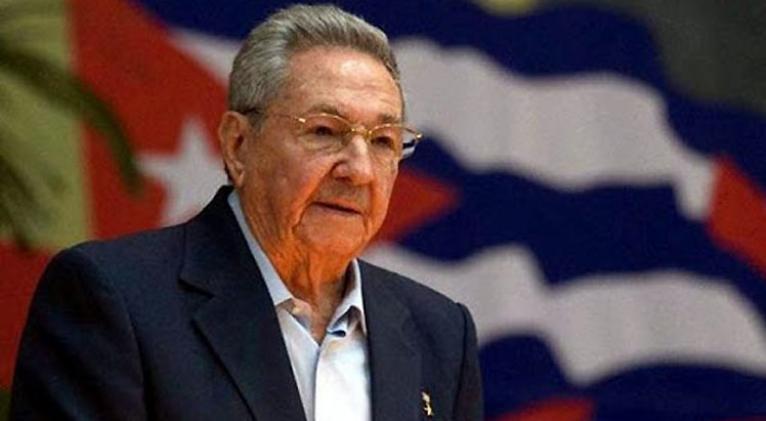Raul Castro, a ballot like the others
especiales

On the list of parliamentary candidates to the National People's Power Assembly from the Segundo Frente (Second Front) municipality, in this eastern province, are the photo and data of Army General Raul Castro.
Together with the leader of the Cuban Revolution, in the electoral formula, is district delegate Alender Chaveco Torres, 47 years old and president of the Economic and Local Development Commission of the government here, both in fully equal conditions and opportunities for the elections that will take place next Sunday, March 26.
Thus, both reviews have been published in the Granma and Sierra Maestra newspapers and in the corresponding spaces on Cuban television, allowing voters to know more about all 470 men and women for whom they will exercise the right to vote for the new Parliament.
Nuances and symbolisms reveal this coincidence between Chaveco Torres and the legend embodied by the 91-year-old man who stormed the Moncada Barracks on July 26, 1953, and landed on the Granma yacht expedition on December 2, 1956, to integrate the initial nucleus of the Rebel Army in the Sierra Maestra Mountain Range.
On March 11, 1958, the then Commander founded, following Fidel Castro’s orders, the Frank Pais 2nd Eastern Front, which was turned into a demarcation that is the total work of the transformations initiated since the triumph of the Revolution on January 1, 1959, against the tyranny of Fulgencio Batista, and continuity of those developed there from then on.
Historians agree that in that settlement in the heights of the Sierra Cristal Mountain Range, where the insurrectional command was located, a model of productive and social development was forged and became an example, mainly due to its advanced concepts in education and health care.
Since the revolutionary victory proclaimed here on the balconies of the Municipal City Hall, across from the Cespedes Park, Raul Castro continued his total dedication to the Revolution and his serenity and intelligence have been a strong reason to trust in his leadership of the destinies of the homeland.
Consistent transparency is one of the premises of the Cuban democratic system, which is put to the test in each election and refutes the lies and fallacies that try to delegitimize it, based on the Western model of representative democracy, beaten and diminished in many latitudes.
No better example of the relevance of these practices in Cuba is the voters’ fullness and freedom in this mountainous municipality who will decide with their votes their approval or not of a common Cuban and an icon of the latest feats by independence and dignity.














Add new comment